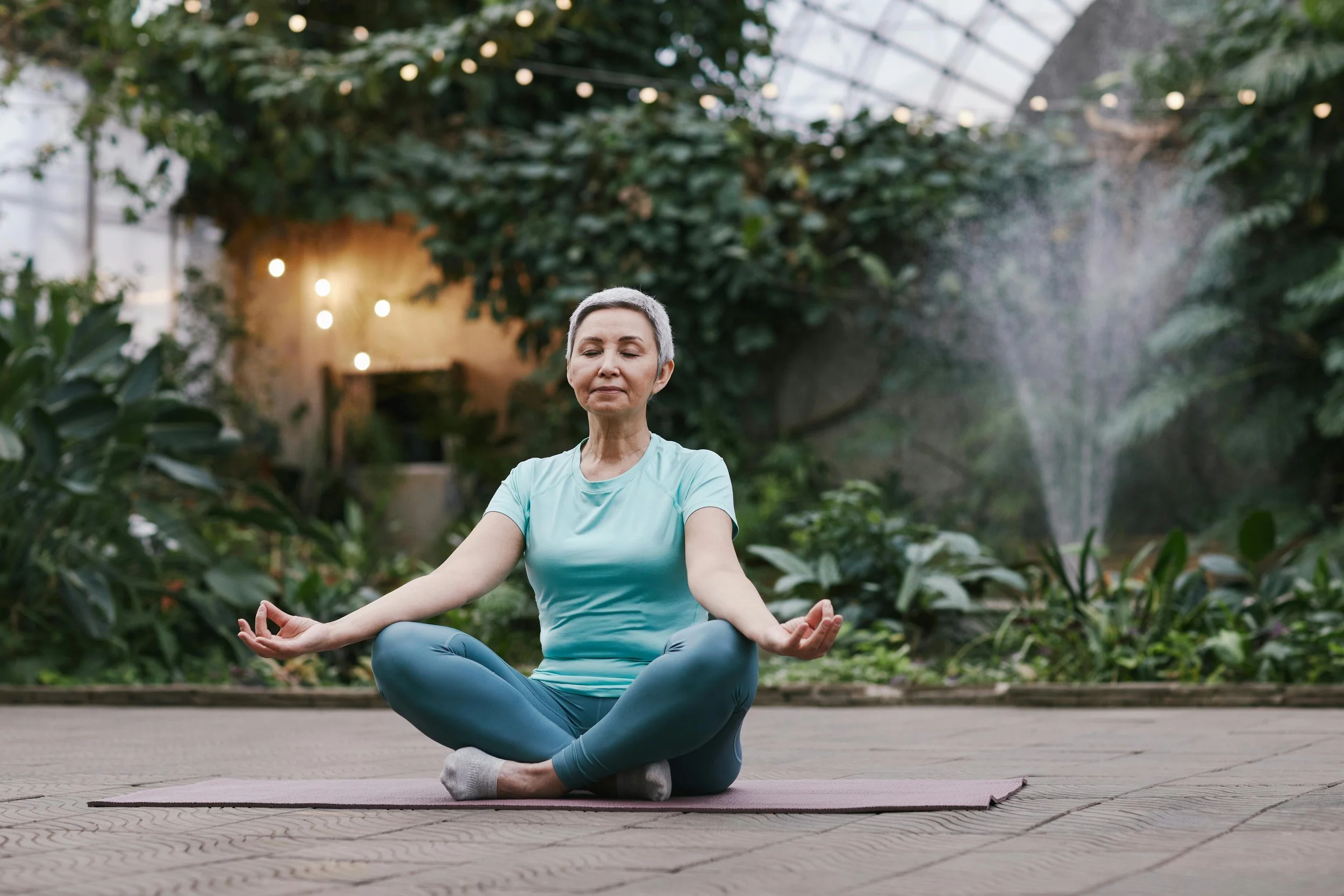Beyond Self-Care: Taking Care Of Your Body During Burnout
While we’re each in different practice settings that allow us to implement the biopsychosocial model of care to varying degrees, most of us at least remember learning about it in medical school. The idea is that the patient’s biological state influences and is impacted by their psychological state, which influences and is impacted by their social environment, and so on. For example, we understand the importance of addressing social factors such as barriers to accessing medication and food insecurity rather than simply treating a blood pressure number by increasing the lisinopril dose.
Sadly, I think the biopsychosocial model is usually overlooked when considering physician wellness. It’s often simplest to blame a particularly stressful job, or choosing the wrong specialty, or a really insensitive boss rather than seeing the whole picture of what leads to burnout. I advocate for treating burnout with a holistic approach that focuses on biological needs, mental health, and social support and boundaries. Today, we’ll focus on addressing your physiological needs as a physician, whether you’re recovering from burnout or trying to prevent it.
Sweat
In their book Burnout, sisters Emily and Amelia Nagoski explain a concept called the stress response cycle. Evolutionarily, when humans encountered stress such as the threat of a predator, there would be a peak of adrenaline as we either ran or fought, and then there would be a resolution of that stress (or completion of the cycle) once the threat was gone. While this system worked well historically, it’s poorly suited to the types of stress we face in modern life, because there is often no sense of resolution to ongoing financial concerns, endless patient volume, and conflict within close relationships.
So how can I complete the stress response cycle and feel a sense of resolution, you may ask. And here’s the answer: sweat. Exercise is the closest way we can replicate the natural ebb and flow of stress, and it’s remarkably effective at achieving a physical state of calm and quieting an overactive mind. You may think that this has to be particularly strenuous exercise in order to work, but the most important thing is finding something that you enjoy. Perhaps you love being outside so hiking or trail running works best for you, or you have a tried and true stationary bike or rowing machine that lets you work out in all seasons, or you love the mind-body connection and community of going to a yoga class. If you aren’t already exercising regularly, find just one thing that you’re excited to sustainably incorporate into your routine and give it a try.
Sleep
“I’ll sleep when I’m dead” is something I’m willing to bet you heard at least once during your medical training. It’s ironic that a profession focused on health routinely denies its trainees and practitioners of one of the most crucial components of well-being, with significant consequences on our cognitive, cardiovascular, and immunological states, just to name a few. You may already be aware of real-life examples of the harm of sleep deprivation, such as the increase in heart attacks when we lose an hour of sleep for daylight savings time in the spring. Most experts recommend getting seven to nine hours a night, and I highly recommend viewing this time for sleep as an investment in your long-term health, your relationships, and the quality of your work.
One of the tricky things about sleep is that stressing over not sleeping can actually make it harder to sleep. So I recommend setting up process goals to promote healthy sleep rather than making the actual number of hours the be-all-end-all. It may be cliche, but take some time to review sleep hygiene: get early morning sunlight when you can, have a wind-down routine at night, use low lighting like lamps in the evening rather than overhead lights, avoid screens for several hours before bed, and defer upsetting news or conversations. If you’re particularly sensitive to environmental disturbances like light and noise, use an eye mask and ear plugs or white noise. It’s also important to get up and do something rather than continuing to lie in bed when you can’t sleep so that you don’t associate the bed with wakefulness. Lastly, be very cautious of how substances influence your sleep, whether it’s consuming caffeine too late in the day (the half life is 6 hours!) or using alcohol to help you get to sleep even though it negatively impacts your sleep quality.
Stress
By now you’re probably noticing that there are common themes and overlap in the topics we’re covering here, and you could make the argument that stress management falls more appropriately under “psychological” rather than “biological.” But that misses the whole point of the biopsychosocial model, doesn’t it? Still, I like thinking of stress management as a biological process because it’s actually an opportunity to step out of the cognitive/ thinking mind that we’ve overdeveloped as physicians and take a moment to connect with our bodies instead. Zen Master Henry Shukman says in his meditation app The Way that we focus on the experience of the body in meditation because “the body lives in the present moment… whereas the mind is a time-traveler.”
Mindfulness is a practice that I struggled with for years because I would sit and simply try to clear my mind until my inner chatter rose to a crescendo that made me feel like I was going crazy. If this describes your experience, I recommend practicing acceptance with yourself when your mind wanders, and I also recommend exploring other mindfulness practices that might be a better fit for you. Some examples of other options include forest bathing, yoga, breath work, and guided meditations. I personally use the app The Way that I mentioned above. I’ve found, along with many other people with busy minds, that having a guided meditation facilitates my ability to tune in and focus. Over time, you’ll notice an improved sense of regulation of your nervous system and a more natural ability to savor the present moment.
There are of course many other ways to care for your body, but these are the areas I recommend focusing on first if you’re feeling overwhelmed. As professional caregivers, we often spend our time helping others to the detriment of our own health, but as we’ve discussed before in this blog, we can’t take care of others if we’re not taking care of ourselves. Through finding time to Sweat, prioritizing Sleep, and implementing Stress management with mindfulness, you’ll improve your physical and mental wellbeing as well as your ability to show up in your personal and professional relationships.
If you’re looking for guidance as you start identifying and prioritizing your own needs, or if you’d like some support as you implement other changes in your life, please click below to become part of our EmpoweredMD community.



